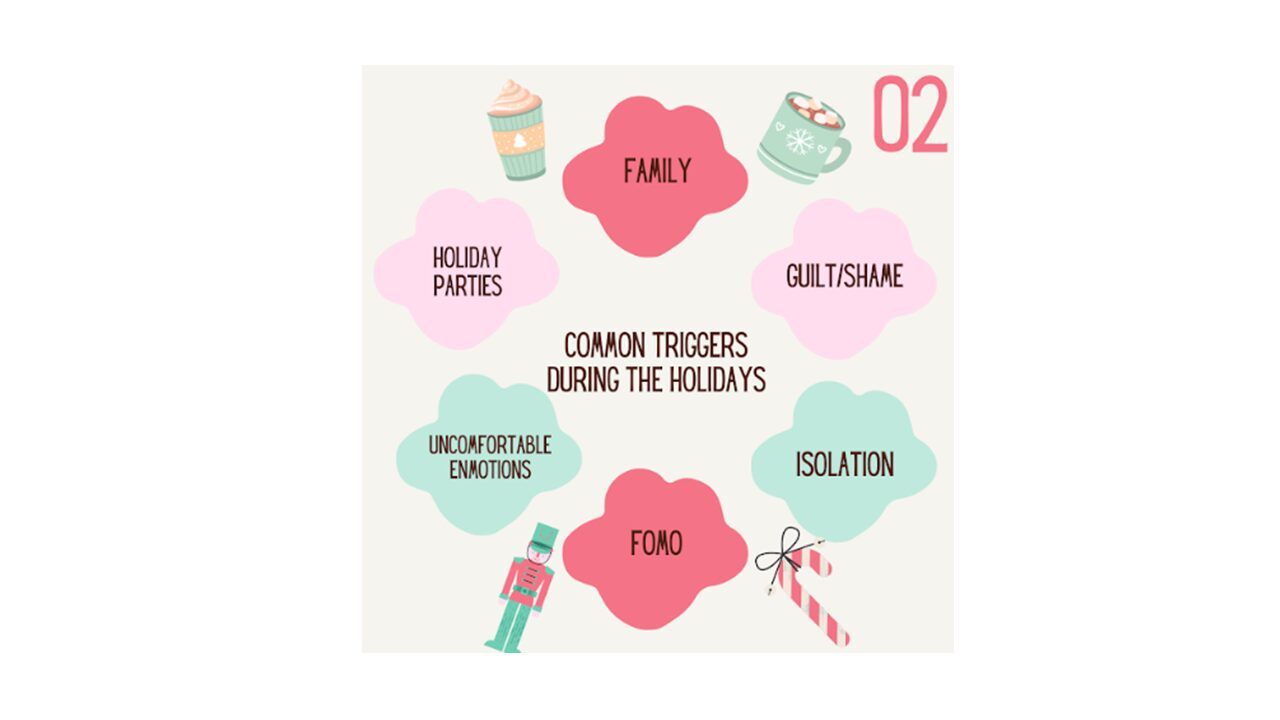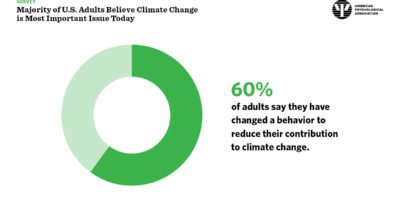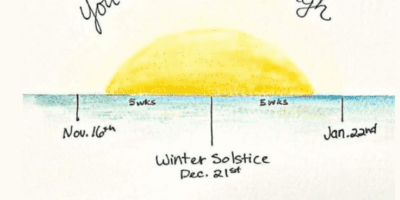As we continue to navigate the holiday season, we must face one fact: there is a significant rise in impaired driving, leading to a surge in alcohol-related deaths.
Approximately 16% of adults drink more during Christmas, and New Year celebrations contribute to increased fatalities. This poses a heightened risk for individuals in recovery from substance use disorders or mental health issues. Notably, drunk driving deaths in New York State have increased by 28%, resulting in 17,000 annual deaths, equivalent to one every 30 minutes. That means there are 310 funerals related to drunk driving a week.
What You Can Do
These tragedies are preventable with alternatives like Uber, Lyft, or calling a cab/friend. Given today’s accessibility, impaired driving is deemed inexcusable. To ensure a safe and happy holiday celebration, the National Highway Traffic Safety Administration (NHTSA) recommends simple tips to keep you safe.
1. Remember that it is never okay to drink and drive. Even if you have had only one alcoholic beverage, designate a sober driver or plan to use public transportation or a ride sharing service to get home safely.
2. Harding Mazzotti, LLP’s Free Cab Ride Home program is a service that provides free cab rides on many holidays. To get your free cab ride home simply call our toll-free number 1800LAW1010 or 1.844.781.1921. Let the operator know where you are and a cab will come out to you, always free of charge and no questions asked.
3. If you see a drunk driver on the road, contact law enforcement.
4. Have a friend who is about to drink and drive? Take the keys away and plan to get your friend home safely.
5. If you are the designated driver, make a commitment to 100% sobriety to keep you and your friends safe.
6. If you see an impaired driver on the road, contact local law enforcement immediately. Doing so could save the life of the driver, passenger, and others on the road.
Hold On to Your Sobriety
Staying sober is hard. Triggers can arise every day. However, the holidays pose an elevated risk of relapse, with 84% of people feeling overwhelmed during this period. Increased stress, combined with elevated alcohol use between November and January, heightens the risk for clients in recovery. Americans drink twice as much over the holidays compared to the other 9 months of the year. Factors such as coping with stress, FOMO, and holiday binge drinking contribute to this risk. The holiday season sees a significant rise in alcohol consumption, contributing to 20% of relapse episodes and exacerbating mental health symptoms, which affect 64% of individuals struggling with mental health. Holiday binge drinking affects millions of people each year. This could be a result of holiday work parties, Friendsgivings, family get togethers or other holiday related activities.
Even those who drink moderately the rest of the year often report increased drinking habits. According to the Distilled Spirits Council of the United States, the month between Thanksgiving and New Year’s contributes to a quarter of the $49 billion (about $150 per person in the US) in annual profits from distilled spirits. As we know, most clients with a substance use disorder experience co-occurring mental health disorders. Many people drink to cover up difficult emotions. Once they get sober, clients must learn how to handle these hard feelings as a vital part of maintaining long-term recovery.
Are you in Recovery?
If you’re in recovery, you may experience relapse in three stages: emotional, mental, and physical. The emotional stage involves heightened emotions, while the mental stage includes actively considering drinking. It is crucial to address these stages promptly, especially during the stressful holiday season, to prevent relapse.
Protect your sobriety and yourself:
• Stay connected with friends and family;
• Double down on your coping skills;
• Ask someone to spend some time with you;
• Avoid triggering environments;
• Attend recovery support meetings;
• Create a holiday survival plan;
• Put a relapse prevention plan in place;
• Stay helpful! Volunteering, giving back, adopting a family, etc. ;
• Practice self-care;
• Avoid triggers and traps.. If cousin Jane is going to drill you about your last rehab stint or arrest, remember it is okay to say “No” and walk away from uncomfortable situations; and
• Avoid holiday parties where there will be heavy drinking or drug use will be present. The first step of the 12 step-based programs is admitting we are powerless. No matter how strong you feel, how long you have been sober, you can still trick themselves into thinking they can handle “one.”
Above all, remind yourself of the joy and happiness this season can bring. Take a deep breath and embrace the good thing about the holidays.
Mackenzie Gullo
Clinician
Spectrum Health and Human Services



